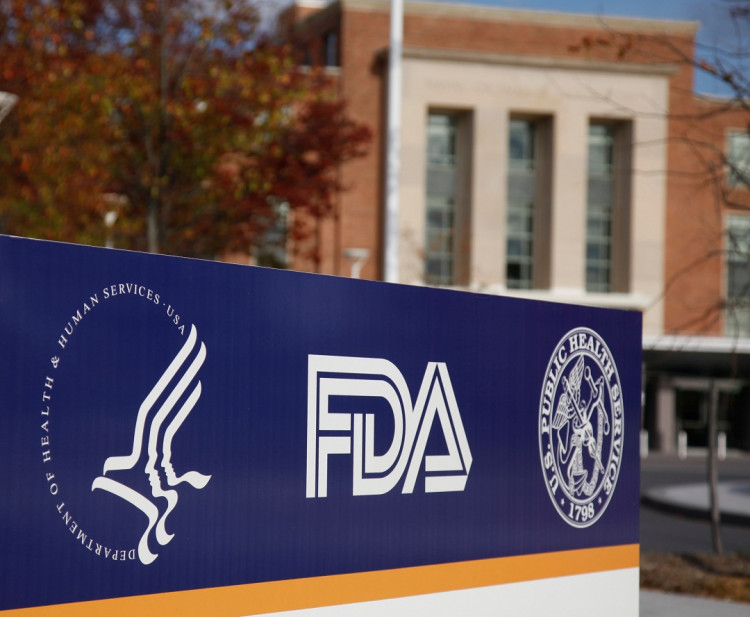The Food and Drug Administration (FDA) advisory committee has rejected the approval of MDMA-assisted therapy for the treatment of post-traumatic stress disorder (PTSD). The decision, reached on June 4, has sent ripples through the mental health community, particularly among advocates who had high hopes for the potential of this novel treatment.
The advisory panel voted 9-2 against the efficacy of the MDMA-assisted therapy protocol proposed by Lykos Therapeutics, a company closely associated with the Multidisciplinary Association for Psychedelic Studies (MAPS). The panel further concluded, with a 10-1 vote, that the risks associated with MDMA, commonly known as ecstasy, outweigh its benefits. This recommendation, though not binding, makes FDA approval on August 11 unlikely given the strong stance taken by the committee.
The rejection stems from multiple concerns raised during the clinical trials. Lykos Therapeutics, originally founded by MAPS as MAPS PBC, had not followed key recommendations from the FDA, such as using an active placebo in the control group to ensure blinding. This oversight resulted in more than 90% of participants in the MDMA group realizing they had received the drug, significantly undermining the study's integrity.
"There are so many problems with the data," said Melissa Barone, a psychologist with the VA Maryland Health Care System. "Each one alone might be kind of OK. But when you pile them on top of each other ... there are just a lot of questions still about how effective and durable the treatment is."
The panel also took issue with the psychotherapy component of the treatment. Unlike traditional medication, MDMA-assisted therapy relies heavily on the therapeutic process before, during, and after MDMA dosing sessions. However, the FDA does not regulate psychotherapy, creating a regulatory quagmire. Lykos had requested that its specific therapeutic protocol be included in the approval, a move unprecedented in FDA history.
Mason Marks, a visiting professor of law at Harvard Law School, pointed out the unique challenge posed by this request. "I'm a bit mystified by why [Lykos] insisted on framing it as a therapy-drug combo when they know full well that the FDA doesn't and cannot think of it that way," he said.
The therapeutic practices themselves were also under scrutiny. Reports surfaced about inappropriate conduct during therapy sessions, including a case where a therapist overrode a participant's consent during an MDMA session. This participant, Meaghan Buisson, claimed that the therapists' actions exacerbated her PTSD, which stemmed from previous sexual assaults. Despite Buisson's complaints, MAPS did not review the session videos until six years later, raising serious ethical questions about the organization's handling of such incidents.
Buisson's case highlights the potential dangers of poorly regulated psychedelic therapy. "MAPS is not an organization that understands trauma-informed care," she asserted. "Assault is not a therapeutic modality. Sexual assault is not a therapeutic modality."
Despite the setback, Lykos Therapeutics remains hopeful. CEO Amy Emerson expressed disappointment but emphasized the company's commitment to working with the FDA to address outstanding questions. "We remain committed to working with the FDA to ensure the responsible and careful introduction of MDMA-assisted therapy into the healthcare system, if approved," she said.
Veteran groups, who had high hopes for MDMA-assisted therapy, expressed their dismay at the panel's decision. Juliana Mercer, a Marine Corps veteran and advocate for psychedelic therapies, described the verdict as a "big gut punch." She highlighted the dire need for effective PTSD treatments, noting that many veterans have been eagerly awaiting FDA approval.
Mercer's sentiments were echoed by other advocates who believe that MDMA holds significant therapeutic potential. They argue that the decision fails to recognize the promising data and personal testimonies supporting the therapy's efficacy. "This is the first time we've had something that actually has science and data behind it to heal or eliminate a PTSD diagnosis - and they refuse to look at that," Mercer said.
The FDA has indicated that it will continue to review the drug application, leaving a glimmer of hope for proponents of MDMA-assisted therapy. However, the panel's strong rejection underscores the need for rigorous standards in the approval of new treatments, especially those involving powerful psychoactive substances.
Dr. Marc Siegel, a clinical professor of medicine at NYU Langone Medical Center, emphasized the importance of strict medical oversight for psychedelic therapies. "There is therapeutic potential if very carefully studied under very strict medical guidance, but there is a huge downside in terms of unregulated recreational uses," he noted.
As the August 11 decision date approaches, all eyes will be on the FDA to see if it will align with its advisory committee or take an unprecedented step in approving a novel, controversial treatment. The outcome will not only impact Lykos Therapeutics but also set a precedent for the future of psychedelic-assisted therapies in the United States.






